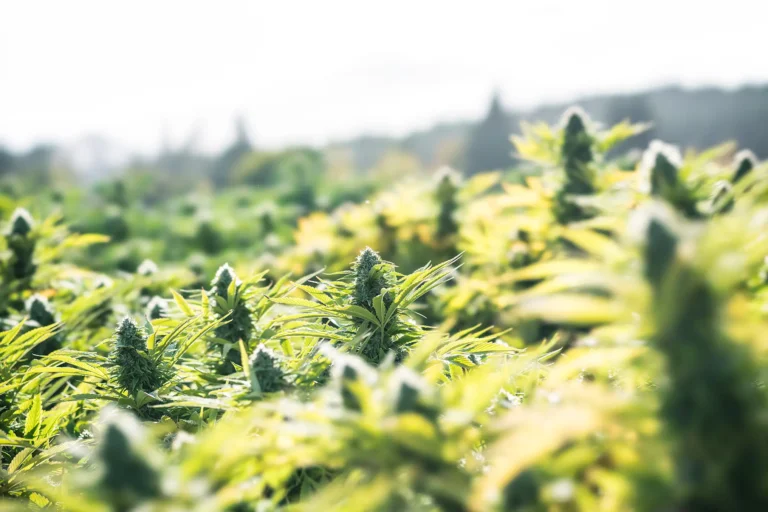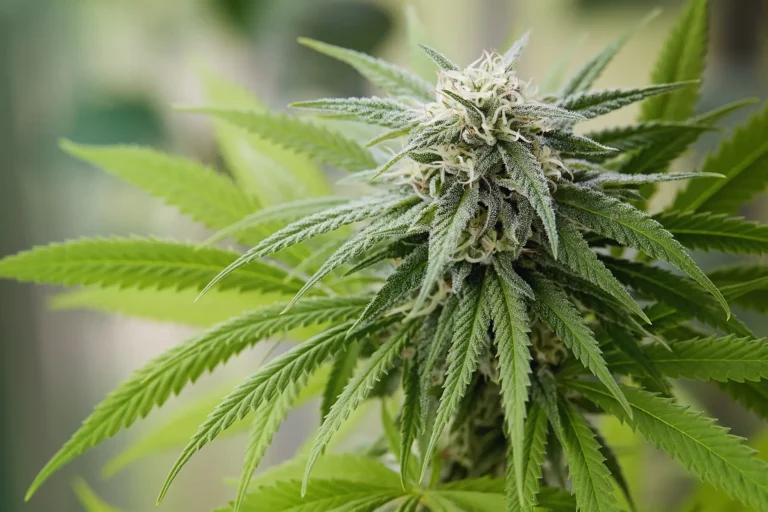What is Aggressive Behaviour?
Aggressive behaviour involves actions or verbal expressions that are intended to cause harm or physical injury to another person or object. It can take many forms, including physical violence, verbal threats, and passive-aggressive behaviour. Aggressive behaviour may be linked to various factors, such as mental health conditions, substance abuse, or environmental factors like stress or trauma.
Symptoms of Aggressive Behaviour
- Physical signs such as accelerated breathing, clenched fists, flushed skin, increased body temperature, and heart rate
- Verbal indicators like screaming, name-calling, or threats
- Behavioural warning signs such as frequent fighting, vandalism, or property damage
- Psychological symptoms like anxiety, irritability, agitation, confusion, or forgetfulness
Treatment for Aggressive Behaviour
The treatment for aggressive behaviour typically involves a multifaceted approach. It begins with a thorough evaluation to identify underlying causes and triggers. Non-pharmacological interventions, such as therapy, counselling, anger management techniques, and creating supportive environments, are often the first line of treatment. In some cases, medication may be prescribed, especially when there are underlying medical or psychiatric conditions. The goal is to develop an individualised treatment plan that addresses the specific needs of the individual, promoting healthier interactions and relationships while ensuring their safety and well-being.
Medical Cannabis & Aggressive Behaviour
Medical cannabis is being studied as a potential therapeutic option for managing aggressive behaviour. Research indicates that components of Cannabis sativa L., particularly CBD, may have calming effects on stress-related behaviour, which could potentially reduce aggression[1]. A study involving shelter dogs found that CBD could mitigate their stress and possibly influence their aggressive behaviour positively[2].
In the context of dementia, one of the conditions often associated with aggressive behaviour in advanced stages, medical cannabis shows promising results. A review indicated that cannabis oil containing THC and CBD might help manage dementia-related symptoms, including agitation and aggression[3]. While further research is needed to fully understand the implications and potential side effects, these findings hint at the promising role of medical cannabis in managing aggressive behaviour.



